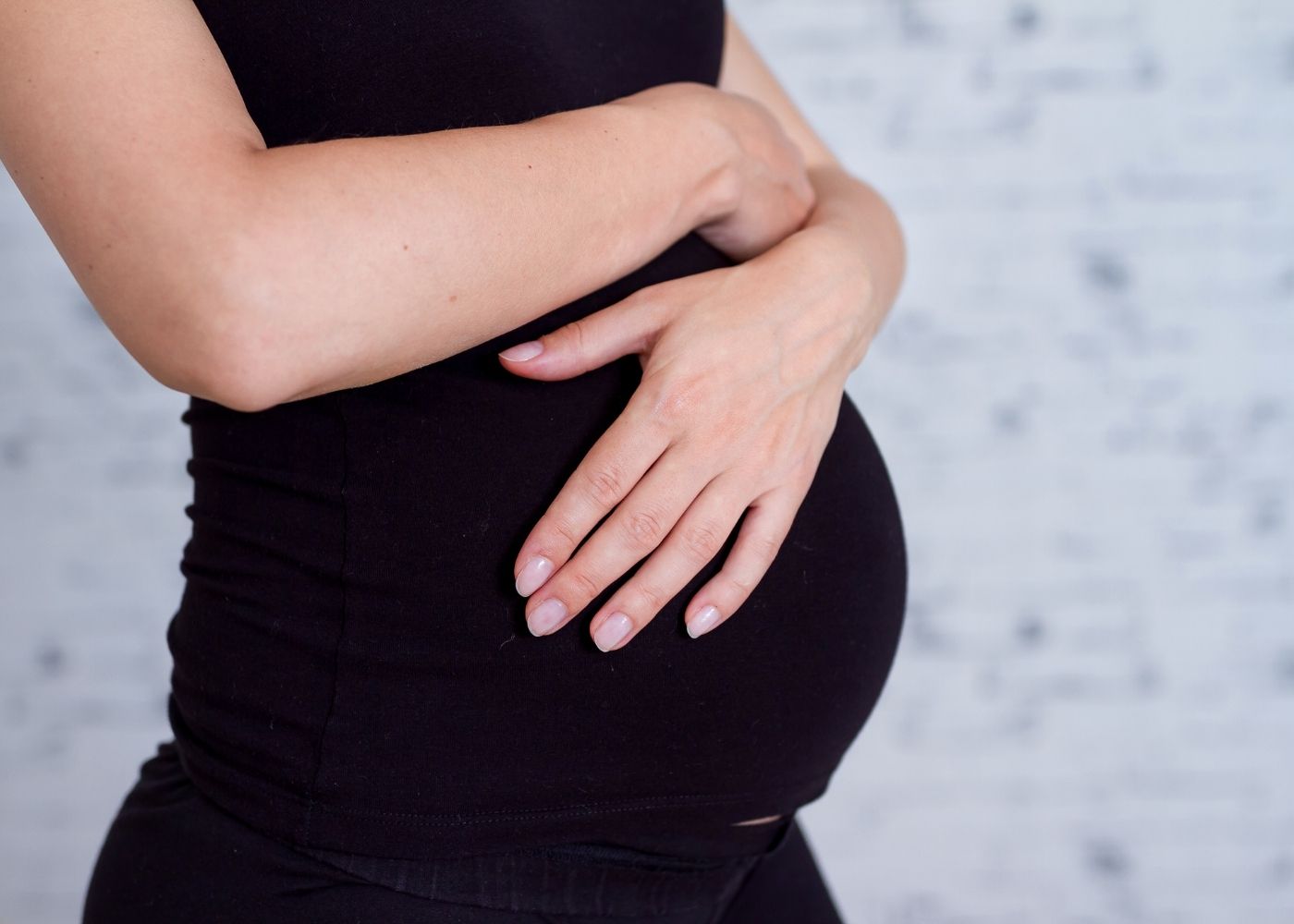Congratulations on reaching the end of the first trimester of your pregnancy.
In the second trimester of pregnancy many women experience relief in the severity of morning sickness. By now, your baby is about 6cm tall. During the second trimester, their eyebrows and eyelashes form, hair begins to grow, limbs develop and it is possible to determine your baby’s sex through an ultrasound.
Clinical Testing
Throughout your pregnancy, blood glucose levels need to be monitored to identify and address any gestational diabetes. Maintaining healthy cholesterol levels is also essential for your baby’s brain health. Working with a Pregnancy Naturopath who specialises in pregnancy will ensure that you get the correct screening, as well as specific supplements and dietary advice which are tailored to you.
Essential Nutrients For Brain Health
Your baby’s brain health is highly influenced by the important omega 3 fat, DHA. Evidence suggests that a deficiency in DHA and other essential brain nutrients such as choline can negatively impact cognition, memory and attention span in your child. It can even contribute to learning difficulties and anxiety. DHA can be obtained from seafood sources such as salmon and sardines, but you may require more in the form of quality supplements.
Magnesium is another crucial nutrient that supports healthy blood pressure, can help prevent preterm delivery, supports glucose metabolism and treats cramps. During your pregnancy, your baby will draw from your nutrient stores, so it’s vital that you are not lacking in minerals.
Good Nutrition In The Second Trimester Of Pregnancy
Your diet has a huge impact on the quality of your pregnancy and the health of your child, but studies have shown that average dietary intake of pregnant women doesn’t meet the national standard.
Unrefined carbohydrates such as whole grains and root vegetables are an important source of fuel for you and your baby. Protein is vital for the growth of your baby and the placenta. Aim for three servings of protein-rich foods daily such as fish, meat, eggs, tofu or tempeh.
Omega 3 fats such as DHA and EPA help to reduce inflammation in your body and support your baby’s nervous system development. Great sources include fatty fish such as salmon and anchovies, as well as flaxseeds and walnuts.
Eating plenty of fruit and non-starchy vegetables will supply you with essential minerals, vitamins and antioxidants to protect your body against the damaging effects of free radicals. Aim for 5 portions of vegetables and 2 portions of fruit daily.
Physical Activity
If you are still suffering from pregnancy fatigue, boost your intake of iron-rich foods such as red meat, dark green leafy vegetables and lentils.
The fatigue of early pregnancy commonly lifts in the second trimester so, although it’s not the time to begin an intense exercise program, it’s a great time to keep physically active.
The benefits of regular exercise in pregnancy include reduced back pain, decreased risk of pre-eclampsia and pregnancy-induced hypertension, fewer complications in delivery, faster recovery after labour, reduced risk of anxiety and depression, and improved sleep.
Up to 30 minutes of low-intensity exercise on most days is ideal. Options include swimming, walking and pregnancy-specific yoga and pilates. Always obtain a healthcare practitioner’s advice to ensure your activities are safe for you.
Onto the third trimester
Check out my next blog post about the third trimester of pregnancy, which has helpful tips on reducing indigestion and how you can help protect your child from allergies, eczema and asthma.
“Our naturopath Carmen Farrugia is a consultant pregnancy & fertility Naturopath, midwife and registered nurse. Navigating natural and mainstream medical pregnancy and fertility services can be quite daunting when you want the best of both worlds. Having over 25 years of experience as a registered nurse and midwife, Carmen bridges this gap giving her fertility couples a major advantage. Carmen began her career working as a midwife at the Women’s Hospital in 1992 as well as Frances Perry House.” – Brunswick Health
